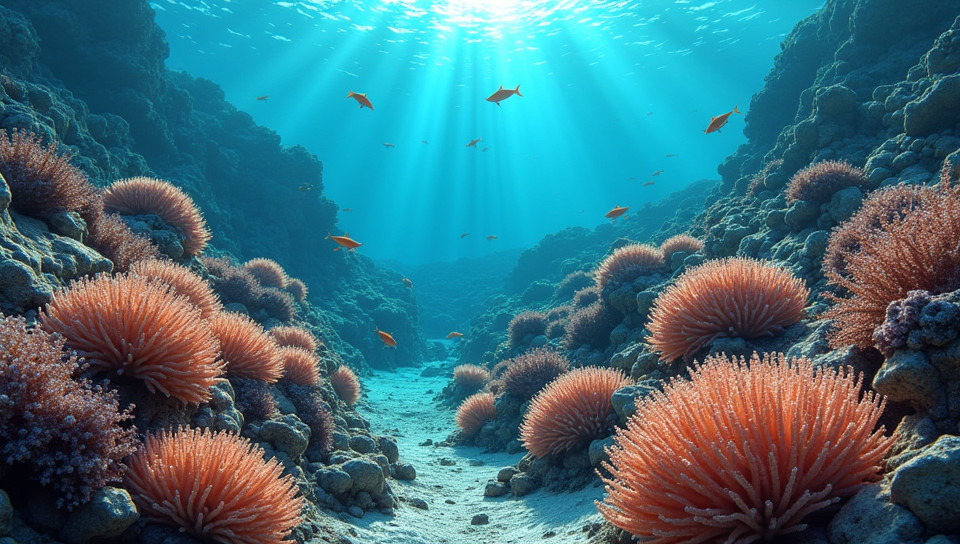Limited knowledge of coral species hinders restoration efforts 92%

The Hidden Barrier to Coral Reef Restoration
As we continue to grapple with the devastating impacts of climate change on our planet's coral reefs, it has become increasingly clear that restoration efforts are hindered by a glaring knowledge gap: the limited understanding of coral species. With over 800 known species of coral, each with unique characteristics and requirements, it is astonishing that researchers and conservationists still lack a comprehensive grasp of these organisms.
The Complexity of Coral Species
Coral reefs are some of the most biodiverse ecosystems on the planet, supporting an estimated 25% of all marine life. However, this diversity also presents a significant challenge for restoration efforts. With so many different species to consider, it can be difficult to develop effective conservation strategies that account for the specific needs and behaviors of each type of coral.
The Consequences of Limited Knowledge
The consequences of our limited understanding of coral species are far-reaching and severe. Without accurate knowledge of which coral species are best suited to a particular location or environment, restoration efforts often fail to yield the desired results. This can lead to wasted resources, damaged ecosystems, and even further declines in biodiversity.
The Challenges of Coral Species Identification
So, why is it so difficult to identify and understand coral species? One major challenge is the incredible diversity of corals themselves, with many species exhibiting subtle variations that can make identification a daunting task. Additionally, the fact that many coral species are still undescribed or poorly understood adds an extra layer of complexity to the issue.
The Need for Improved Research
Improved research and data collection are essential if we hope to overcome the challenges posed by our limited knowledge of coral species. This will require a concerted effort from researchers, conservationists, and policymakers to identify priority areas for study and develop new methods for collecting and analyzing data on coral populations.
- Identify and prioritize understudied coral species
- Develop new methods for tracking coral population dynamics
- Conduct comprehensive studies of coral ecology and behavior
- Engage local communities in coral reef management and conservation efforts
Conclusion
The limitations of our knowledge about coral species are a significant barrier to effective restoration efforts. By acknowledging this challenge and committing to improve our understanding of these incredible organisms, we can work towards creating more effective conservation strategies that prioritize the needs of each unique species. Only by working together to address this critical knowledge gap can we hope to protect and preserve the world's coral reefs for future generations.
- Created by: Sebastián Salazar
- Created at: Nov. 9, 2024, 1:19 p.m.
- ID: 15694







